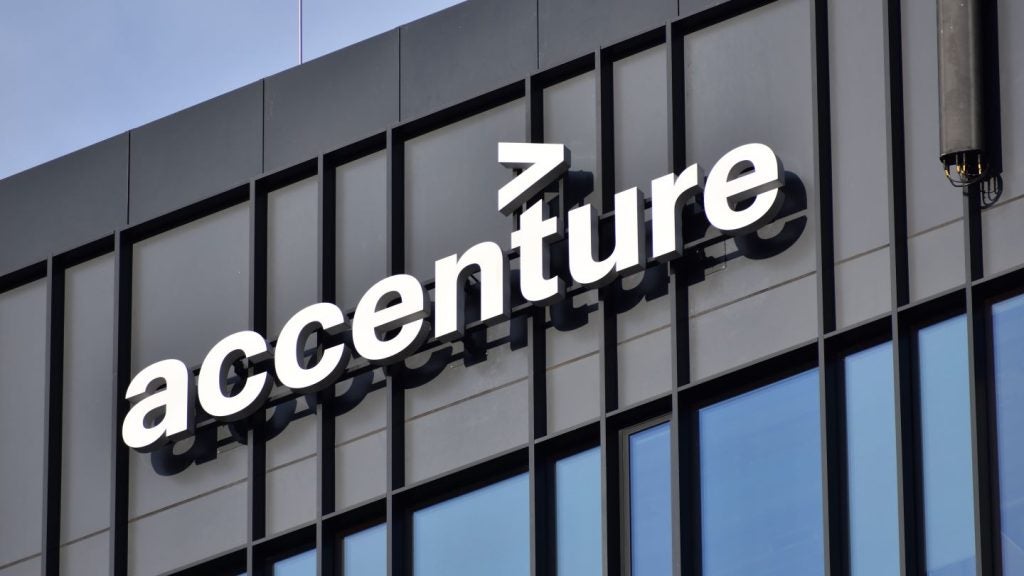With the UK’s General Election now just days away, there is great anticipation amongst the Govtech supplier community that a new administration may reignite the digital transformation agenda which will modernise public services.
However, analysis of the manifestos of each of the major parties somewhat dampens enthusiasm, with rather lacklustre pledges to utilise new technology as an enabler for delivering a better environment for citizen interaction with government.
Unless the opinion polls are wildly out of kilter in a manner never before seen, then come July 5th, Sir Keir Starmer will visit King Charles III to seek permission to form a government comprising wholly of Labour party MPs. The focus herein is, therefore, given to scrutinising policies put forward in the Labour manifesto, emblazoned on its front cover with a single headline – Change.
The pace and depth of the change that can be effected, however, will be governed by other factors, such as the strength of mandate measured by the size of majority the party achieves, and more pertinently, the state of public finances.
With much of the pre-election debate centred on the NHS, immigration, and tax regimes, there has been scant mention of the role of technology as an agent for change.
The exciting role of innovative tech
Yet, just three months ago, Peter Kyle, Secretary of State in waiting for science and technology spoke enthusiastically of the exciting role that innovative tech, encompassing artificial intelligence (AI), should play in driving GDP growth to reboot the economy and provide additional revenue to fund new services.
That message was not strongly echoed in the manifesto, though this apparent reticence to commit may be due more to a lack of opportunity to engage with civil servants than a lack of ambition.
Kyle, who apparently has aspirations to make the Department for Science, Innovation and Technology (DSIT) the ‘Digital Centre for Government’, was only able to meet a couple of times with senior policymakers in DSIT in the few weeks since access talks were granted by the Prime Minister.
The Labour manifesto talks in broad terms about AI, the role it might play, and importantly the regulation thereof, via a seemingly more hands-on approach than the Conservatives.
Govtech on hold?
The most prominent role for Govtech, however, may be in facilitating the Machinery of Government changes that will be needed to support Starmer’s plan for a mission-led government. Each of the five missions will be led by cross-departmental boards, which will be a radical change from the siloed working of the long-established structure of central government. This will need clear and robust data architectures and analytics capabilities, which will certainly not happen overnight, and may indeed require further legislation to implement.
The Labour Party is keen to ‘hit the ground running’ but the first few weeks, even months, may be slow, or paradoxically, tempestuous as ministers work out what is achievable in the short, medium, and long-term. Opportunities for suppliers to truly engage with the new regime may not arise until after the first budget of the new Parliament, widely expected to be scheduled for the early Autumn. In the meantime, tech providers should stay close to public sector contacts, partners and preferred analysts, whilst planning for a potentially exciting end-of-year and 2025.








